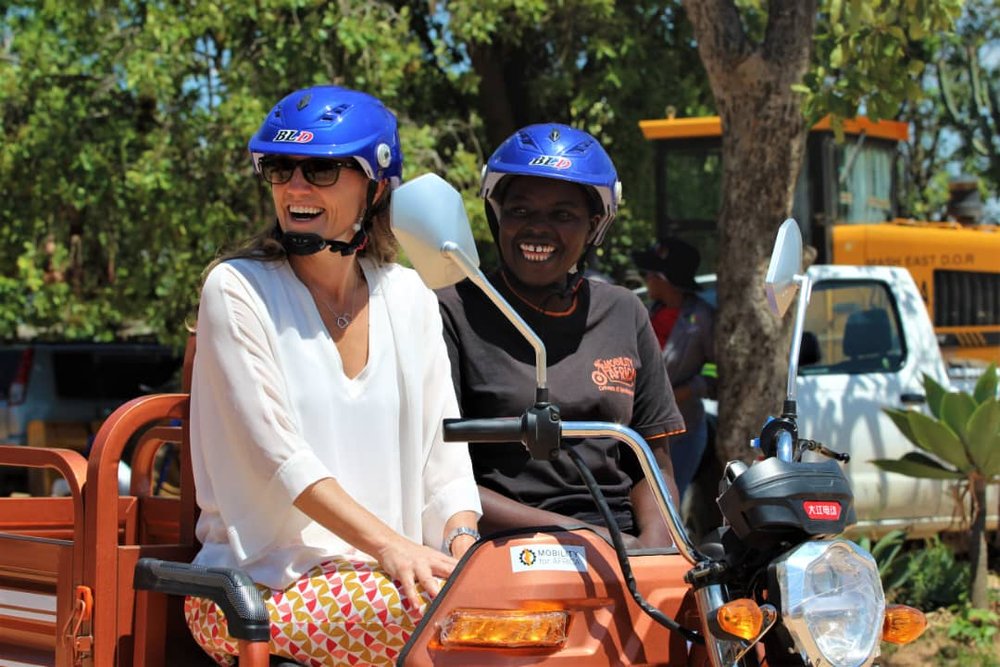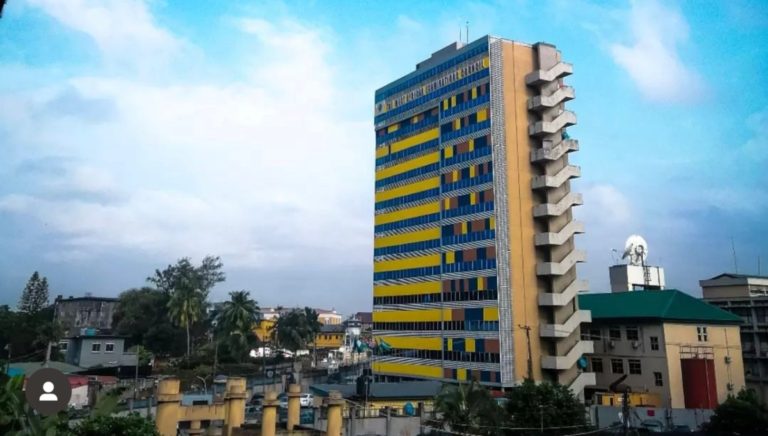Zimbabwe-Based InfraCo Africa Collaborates With Mobility for Africa to Make Clean Transport Accessible in Underserved Areas

InfraCo Africa, a division of the Private Infrastructure Development Group (PIDG), has committed US$2 million to expanding the product line of Mobility for Africa, a provider of solar-powered battery charging systems and cargo-carrying e-tricycles for underserved communities in rural Zimbabwe.
Shantha Bloemen, the director and chief executive officer of Mobility for Africa, said, “We are grateful to InfraCo Africa for this investment and their vote of confidence. It will enable us to show numerous rural areas how to reproduce our fleet management system. But it also conveys the message that rural women, our main clientele, should no longer be disregarded and recognizes the crucial part they play in social, economic, and agricultural advancement.
Mobility for Africa is aware that by offering environmentally friendly shared mobility options to rural communities, particularly women, we can catalyze local economic activity, lessen gender inequality, and help create resilience against climate change.
Locally referred to as “Hambas,” Mobility for Africa’s electric three-wheelers meet the daily transportation requirements of small-scale farmers who buy or lease the trikes to deliver their goods to markets. These farmers are frequently women’s cooperative organizations. Farmers can sell their goods for more money while minimizing post-harvest losses and gaining access to marketplaces in larger towns, contributing to SDG 2 by improving income generation.
Hambas are another tool used by medical practitioners to reach patients in remote locations and through difficult terrain. The vehicles also make it possible to transport people, water, and firewood, which eases the time and energy demands on women who are primarily responsible for household work.
Designed without a straddle bar, the vehicles are comfortable for women to drive. “We are delighted to be working with Mobility for Africa to scale its exciting electric tricycle and solar-powered battery charging offering in rural Zimbabwe,” said InfraCo Africa’s Business Development Manager, Beatrice Muthoni, “As the first African off-road e-tricycle, ‘Hambas’ will transform access to affordable, clean transport enabling people to reach employment, education and healthcare as well as to transport goods to market and to support domestic labour. InfraCo Africa can leverage experience from our electric mobility investments elsewhere in East Africa. This is our first investment in Zimbabwe and we look forward to partnering with Mobility for Africa to scale its solution to addressing rural transport needs in the country.”
Melanie Robinson, the British ambassador to Zimbabwe, expressed her excitement about the InfraCo Africa investment in Mobility for Africa during a visit to Domboshawa. Mobility for Africa is a woman-led start-up that is doing an excellent job of providing climate-friendly transport to small-scale Zimbabwean farmers, many of whom are women. I can vouch for the fact that women users were considered when designing Mobility for Africa’s Hamba electric tricycles after having the opportunity to ride one! More green financing investments in Zimbabwe’s private sector would be great, in our opinion.
With the help of InfraCo Africa’s investment, 400 new Hambas, 600 batteries, and 8 new charging stations will be installed in key areas of eastern Zimbabwe. The project is expected to significantly expand Mobility for Africa’s business, allowing it to work with more small-scale farmers, particularly women, and to strengthen the business case that by partnering with agricultural partners, it can show the financial viability and socio-economic impact of its model. In order to scale its product to new consumer groups and geographic areas within the region, the company is expected to be in a strong position to draw additional private sector financing.






